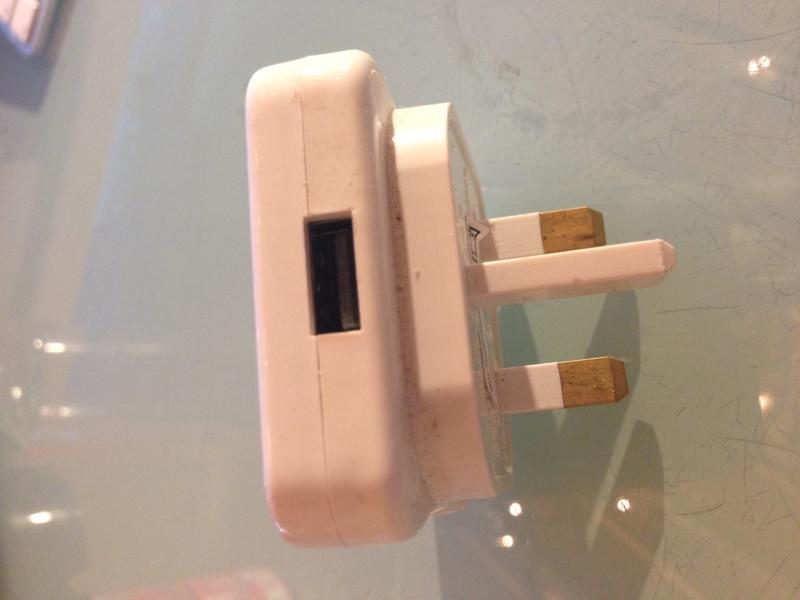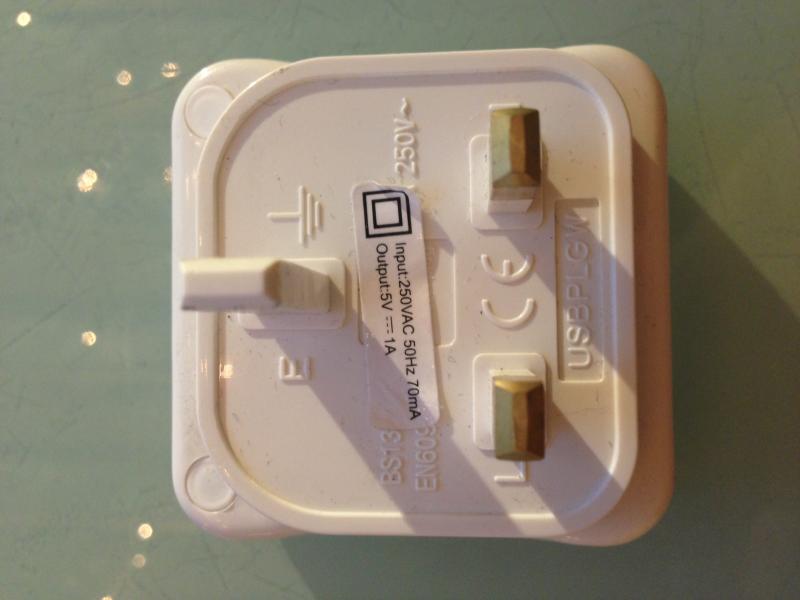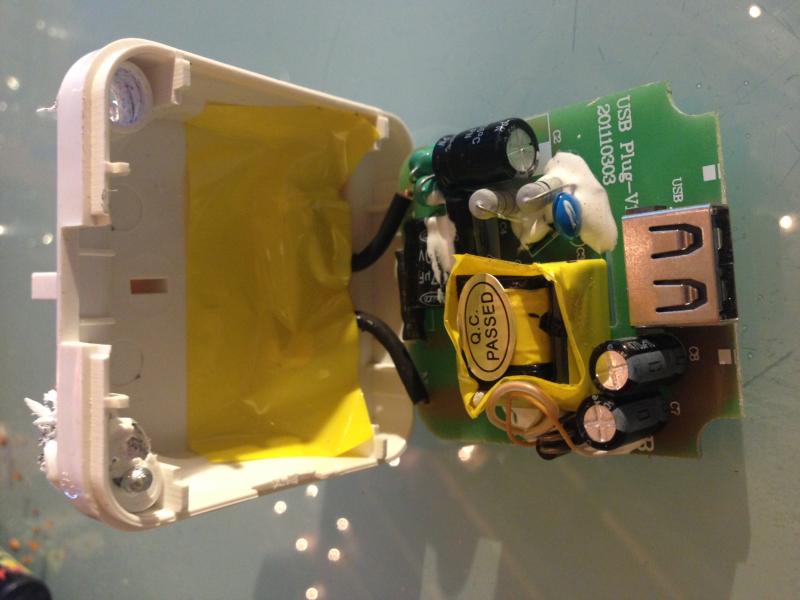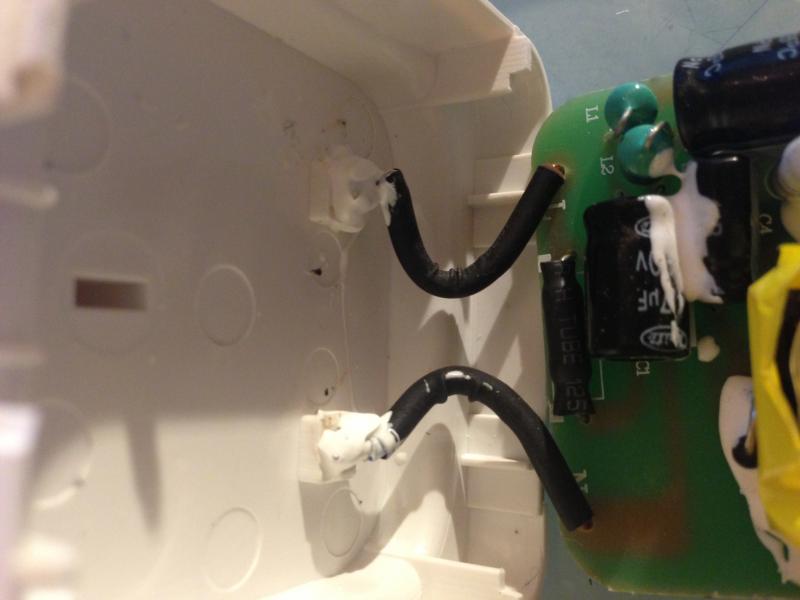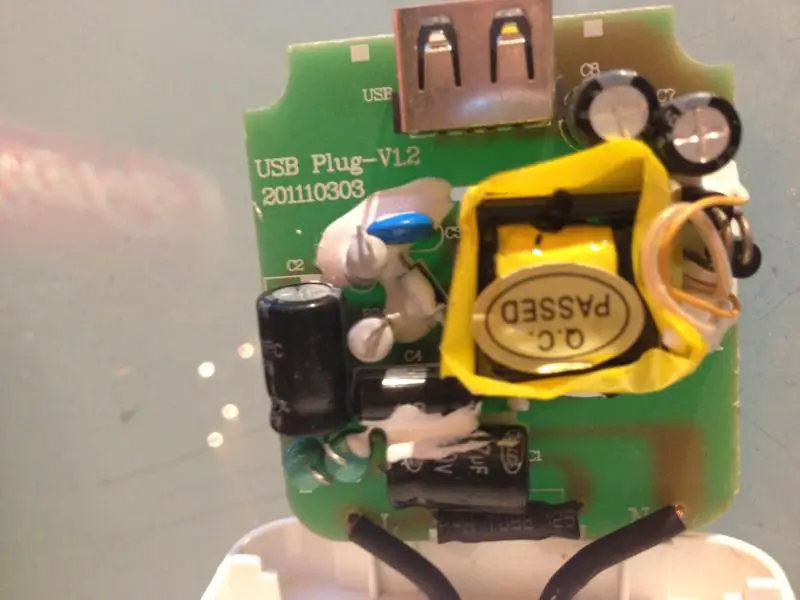So go on then, lets see the words you'd use to put this into practice ? Words that will unambiguously catch the likes of eBay and Amazon, but not catch the others who you said are definitely different. As a private landlord, I don't want to be help responsible if one of my tenants starts selling drugs from the house - it's in the tenancy agreement that the property cannot be used for trade, illegal, or immoral activities.
So, lets see the fine words you can come up with to deal with the problem ?
PS - you do know that neither of them is a UK company don't you ? And that under EU legislation, the UK cannot do anything whatsoever to stop a company based in another EU country from trading in the UK.
I'd wager that you can't come up with anything practical - laws like "company X and company Y ..."
Oh yes, and here's another viewpoint. My employer does online shops (amongst other things). It varies by customer, but most will involve us designing the web pages, building the database etc, writing the code to make it all work (and integrating with payment processors), and hosting the whole lot when it's built.
So are you proposing that we also have to go out and check what our customers are selling ?
A more realistic analogy would be if Sainsbury allowed someone to open a concession selling sausages under the butcher's own name within their store.
But that is different to knowing that something is dangerous. Do they just block all sales of electrical items - because that is the only 100% sure way of controlling it ?
So, lets see the fine words you can come up with to deal with the problem ?
PS - you do know that neither of them is a UK company don't you ? And that under EU legislation, the UK cannot do anything whatsoever to stop a company based in another EU country from trading in the UK.
I'd wager that you can't come up with anything practical - laws like "company X and company Y ..."
Oh yes, and here's another viewpoint. My employer does online shops (amongst other things). It varies by customer, but most will involve us designing the web pages, building the database etc, writing the code to make it all work (and integrating with payment processors), and hosting the whole lot when it's built.
So are you proposing that we also have to go out and check what our customers are selling ?
Actually, think about it. If I rent the shop to someone selling electrical goods, then in your own words I will know that they are renting it to sell imported electrical goods (there aren't many that aren't imported) and I will also know that the said goods may or may not comply with legal standards. I would hope that if it's a decent customer that all the goods would comply with standards, but there's no guarantee since even big names are sometimes found to ignore the law (seen how many times Apple has been in court for example).No.You own a property, and rent it to a shopkeeper. Shopkeeper sells faulty iPod charger - should the owner of the property be liable ?
But that is not the same as you renting it to someone who YOU KNOW is selling imported electrical items, and who YOU KNOW has rented it from you FOR THE EXPRESS PURPOSE of selling imported electrical items which YOU KNOW may not comply with the legal standards.
No, it's not why they have trading standards people. Now you are showing ignorance of what trading standards do.Yes - but that's why they have trading standards people.Ditto the market organiser (often the local council) if a market stall trader sells said dodgy iPod charger.
Ah, the usual retort of someone who knows their arguments don't stand up.I'm not going to respond to any more of your pathetic examples. Can you really cannot see the substantive difference between them and the likes of eBay and Amazon, or are you just pretending to be stupid?
No, but lets say they are in (say) the Trafford Centre. I'd expect the retailer to have done done due diligence, but I wouldn't expect the owners/managers of the Trafford Centre to have their own "product police" going round doing random testing etc.They can do their job properly.Now, lets assume you can come up with some words to make eBay, Amazon, etc liable. How will that work in practice ? All that will happen is that they will make it a condition of using their facilities that what you are selling is lawful etc - oh hang on a minute, they already have such clauses. So the seller already has to agree to Ts&Cs stating that what he's selling is legal - what else can eBay, Amazon etc do ?
If you went into John Lewis, or Currys, or Tesco, or any other retailer of any product or type of product you care to think of you would not expect them to have simply taken the word of some completely anonymous supplier that the goods they were selling you were OK.
I look forward to seeing how you are going to write the rules that make them responsible, without doing the usual trick of punishing everyone else for the sins of the few.I know that the transaction is not between the purchaser and eBay, or Amazon, but, tough s**t on them if they cannot police their business customers properly, as far as I am concerned they should be held fully responsible.
Can you really cannot see the substantive difference between them and the likes of eBay and Amazon, or are you just pretending to be stupid?Maybe not inspect and test everything, but certainly inspect and test random samples. They are running huge and professional businesses by providing web sales facilities to other businesses, and I absolutely can call for them to carry out the same level of diligence which Sainsbury would do if some random meat factory offered to supply them with sausages.You can't expect them to inspect/test goods
A more realistic analogy would be if Sainsbury allowed someone to open a concession selling sausages under the butcher's own name within their store.
Well then, how about going to the authorities with your arguments, and persuade them to clamp down on eBay ? IF it can be shown that they have failed to enforce their Ts&Cs rigorously then there are in fact laws that can hold them liable. I very much doubt that it could be shown. I've certainly heard of people having their accounts frozen (or even removed) for allegedly breaking some rule or other - even though they were not actually selling faulty/dangerous goods or whatever. The same applies to counterfeits - they do police and block sales of goods purporting to be <some famous brand>, over zealously according to some reports I'seen where they've blocked sales of genuine second hand articles.I'm sure it won't, but that does not change the fact that it is an outrage that they are allowed to continue trading because they have Ts'n'Cs which "forbid" these sellers from doing what they do.
Over and over and over again we see that those Ts'n'Cs are utterly useless - serial failures like this would not be tolerated in the physical world and they should not be tolerated in the online one.
But that is different to knowing that something is dangerous. Do they just block all sales of electrical items - because that is the only 100% sure way of controlling it ?


